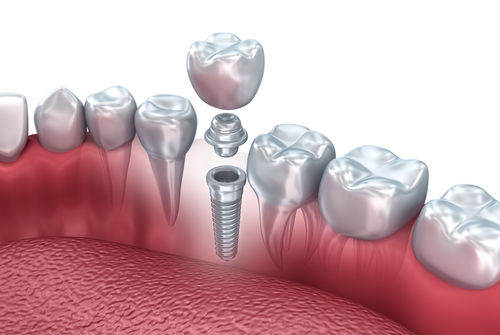Restorative dentistry is focused on repairing and restoring damaged or missing teeth to improve both function and aesthetics. Whether due to decay, injury, or wear, restorative treatments can help you regain a healthy, fully functional smile.
In this blog, we’ll explore the various restorative dental treatments available and how they can help you rebuild your smile.
What is Restorative Dentistry?
Restorative dentistry involves a range of treatments designed to repair or replace damaged teeth. These treatments can address issues like cavities, fractures, and missing teeth, restoring the function, structure, and appearance of your smile.
Common Restorative Dental Treatments
There are several restorative dental treatments available, depending on your specific needs. Let’s explore some of the most common options:
Dental Fillings
Dental fillings are used to repair teeth that have been damaged by cavities. After removing the decayed portion of the tooth, the space is filled with a durable material such as composite resin or amalgam to restore the tooth’s structure and function.
Crowns
A dental crown is a custom-made cap that covers the entire surface of a damaged or weakened tooth. Crowns are often used to restore teeth that have been severely decayed, fractured, or undergone root canal therapy. They protect the tooth from further damage and improve its appearance.
Bridges
A dental bridge is a restorative option for patients who are missing one or more teeth. A bridge consists of one or more artificial teeth (called pontics) that are anchored to the surrounding natural teeth or dental implants. Bridges help restore your ability to chew and speak properly and prevent the remaining teeth from shifting out of place.
Dental Implants
Dental implants are the gold standard for replacing missing teeth. An implant consists of a titanium post that is surgically placed into the jawbone, where it acts as an artificial tooth root. Once the implant has fused with the bone, a custom-made crown is attached, providing a permanent and natural-looking replacement for the missing tooth.
Benefits of Dental Implants
- Durability: Dental implants are designed to last a lifetime with proper care.
- Natural Look and Feel: Implants closely mimic the look, feel, and function of natural teeth.
- Bone Preservation: Implants help prevent bone loss by stimulating the jawbone, just like natural tooth roots.









